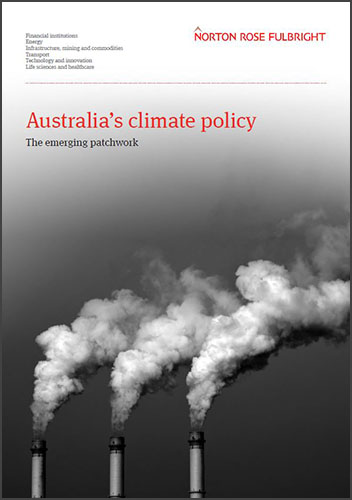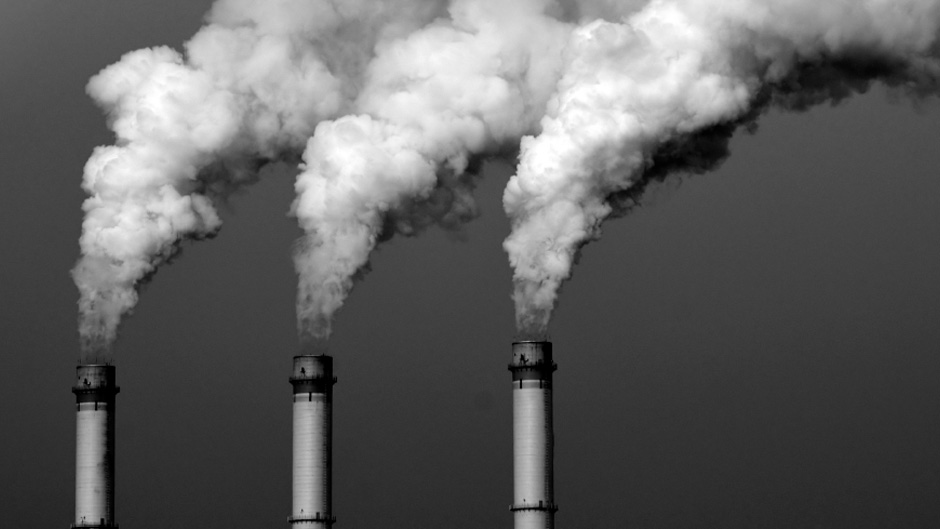On 10 November 2016, the Australian Government ratified the Paris Agreement. To comply with the requirements of the Paris Agreement, which will take effect in 2020, Australia has set a target to reduce carbon emissions by 26-28% on 2005 levels by 2030. Australia’s 2020 emissions reduction target is 5% based on 2000 levels.
The current policy framework which underpins these targets is known as the Direct Action Plan, and includes the Emissions Reduction Fund and the Safeguard Mechanism. Emissions reductions will also be achieved through the Renewable Energy Target, which has a target of 23.5% renewable energy by 2020.
There is currently some uncertainty as to whether the Commonwealth Government’s current policies provide an appropriate framework for the 2030 emissions target to be met, and a review of these policies will be undertaken in 2017.
A number of States and Territories have been progressing or initiating significant action in relation to emissions reductions, renewable energy or energy efficiency. While having different regulatory and policy regimes across different jurisdictions in which national corporations or organisations operate is neither desirable nor ideal, for the present time it seems inevitable that this approach will continue to emerge in the climate change arena.
This publication provides business with:
-
an insight into the current status of policy and legislative regimes with respect to emissions reduction, renewable energy and energy efficiency in each State and Territory; and
-
an indication of the investment settings operating, or likely to develop, as we move towards 2020 and the commencement of Australia’s formal obligations under the Paris Agreement.








